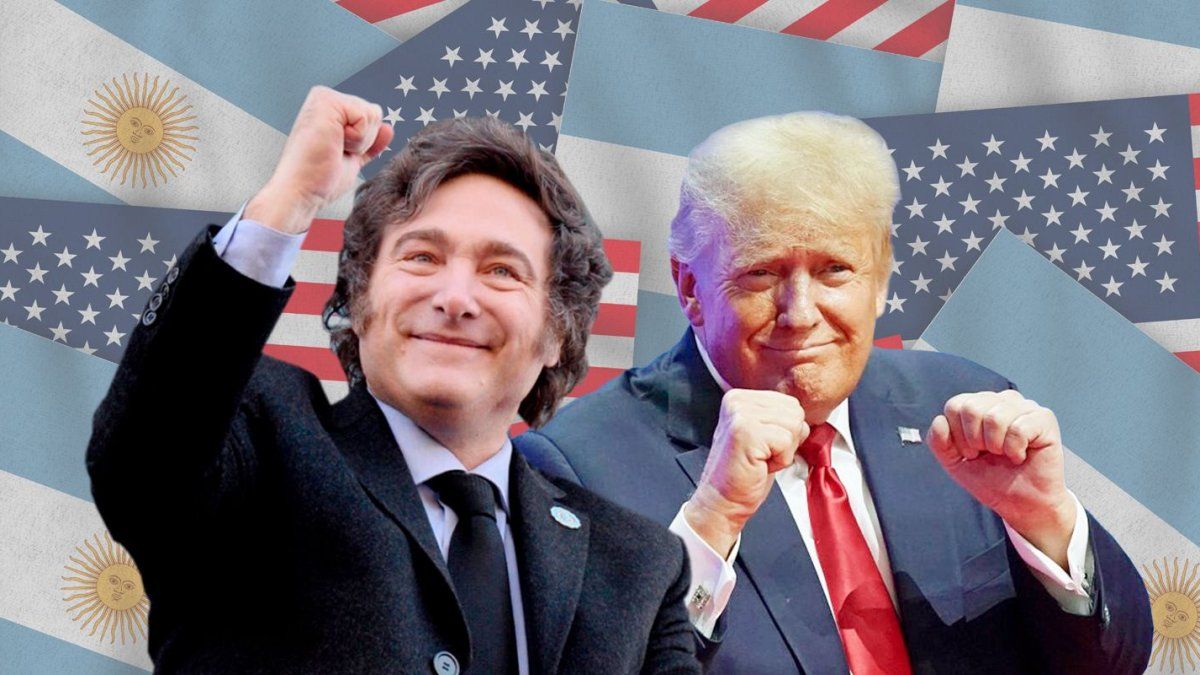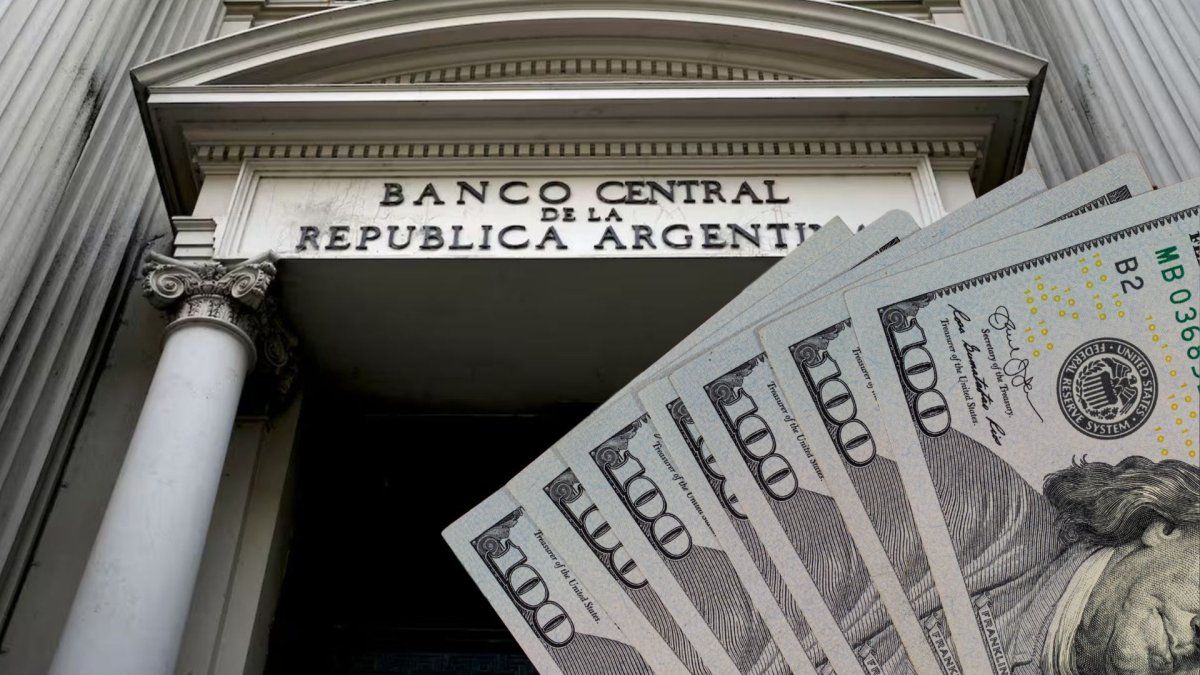This decision is a setback for the strategy of President Javier Milei, who will travel next week to the US to participate in the Conservative Action Political Conference (CPAC). Although economists and diplomats warn about the lack of complementarity between both economies, Milei insists on the possibility of negotiating a free trade agreement with Washington.
Argentina starts this process from an unfavorable position. This Monday, by signing the executive orders for the 25% tariffs to steel and aluminum, Trump said that he will review a possible exemption for Australia, a country with which the US maintains a solid commercial surplus. In contrast, he said: “With Argentina we have a small deficit, as with almost all countries, not with Australia that buys many airplanes.”
According to INDEC data, in 2024 the bilateral trade balance was overcoming for Argentina at US $28 million, an exceptional situation due to the strong recession and the 27.9% drop in imports from the United States. In the last decade the commercial balance was clearly negative for Argentina.
Impact on exports and the “diversion effect”
The legal teams of the affected companies analyze the impact of the decree. Since 2018, Argentina already faces export quotas for steel and aluminum in the US market. Now, Companies seek to determine if the new tariffs will be applied in addition to those quotas or if they will replace them.
Since the imposition of restrictions, Argentine exports of these products fell around US $1,000 million. Shipments currently represent about US $ 600 million annually, but are fundamental to companies such as Aluar, which allocates about 40% of its production in Puerto Madryn to the US market. It will also impact firms such as Ternium and Tenaris.
“The exchange rate does not help and we also have export rights. It is a very complex situation,” said a businessman in the sector. He added that The internal context is not favorable due to the fall in construction and the lower demand for final goods.
In addition to the impact on sales to the US, Industrialists fear a “diversion effect”, that is, an increase in the arrival of imported products to the local market due to the difficulties in placing them in the US market. In particular, there is concern about the possible avalanche of Chinese products.
Is a free trade agreement viable with the US?
At the end of 2023, Milei surprised to announce his intention to negotiate a free trade agreement with the United States, something that, according to him, “had been completed 19 years ago”. On his last visit to Washington, he ratified that intention at meetings with businessmen and then repeated him in statements to local media.
However, The former Argentine former ambassador to the US, Jorge Argüello, was skeptical. In dialogue with Radio 10, he said: “I see it difficult. I have not heard anyone in the United States refer to that possibility.” In addition, he said Trump will always prioritize national production.
For its part, the international analyst Patricio Giusto agreed that the economies of both countries are not complementary. He explained that key sectors such as agriculture and industry present direct powers, which would make a beneficial agreement difficult for Argentina. “More than an economic strategy, it seems an ideological position of Milei “, He said.
Milei made it clear that he is willing to make drastic decisions in order to achieve his goal: “If Mercosur does not accompany this search, Argentina could leave the block “, He warned.
Source: Ambito
I am an author and journalist who has worked in the entertainment industry for over a decade. I currently work as a news editor at a major news website, and my focus is on covering the latest trends in entertainment. I also write occasional pieces for other outlets, and have authored two books about the entertainment industry.




